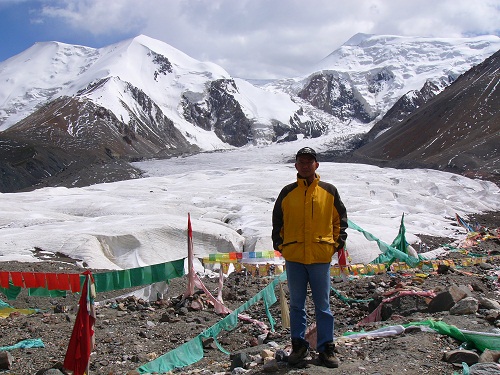Luo Erhu(罗二虎)
系所:
职务:教授
联系方式:1791866459@qq.com

Luo Erhu, born in August 1955, Ph.D in History, professor and doctoral supervisor of the Department of Archeology at the School of History and Culture, Sichuan University. He has acted successively as Visiting Professor at Osaka University’s College of Literature, Kyoto University’s Institute of Southeast Asia, Ryukoku University’s Institute of Buddhist Culture, Shanghai University’s College of Fine Arts and Shanghai University’s College of Liberal Arts, doctoral supervisor of Shanghai University, as well as specially-appointed researcher of China Three Gorges Museum.
From 1978 to 1985, he studied at the Department of Archeology, Sichuan University, for undergraduate and postgraduate studies in the major of Archaeology. After graduation, he stayed at the University as a teacher. In the 1990s, he engaged in academic researches as a Visiting Professor at several Japanese universities for a long time, and had a variety of academic monographs and papers published in Japan. Since his return to China in 1997, Prof. Luo has ever been in charge of major research projects of a key research base for humanities and social science under the Ministry of Education, archeological research projects of the State Administration of Cultural Heritage, Asia Related Projects of Sumitomo Consortium of Japan, archeological program of the Three Gorges Project, and archeological program of South-to-North Water Diversion Project, etc. Beyond that, he also participated in a number of research projects of Japan’s Ministry of Education, Culture, Sports, Science and Technology. In the aspect of research, centering on archeology, he endeavors to conduct research, combining the approaches generally adopted in history, cultural anthropology, ethnology, fine arts and folklore, among others. His researches mainly cover historical archeology, prehistoric archeology, archeology in southwest China, art archeology and ancient art, ancient culture and civilization, culture and ecology, and comparison of Chinese and foreign cultures.
